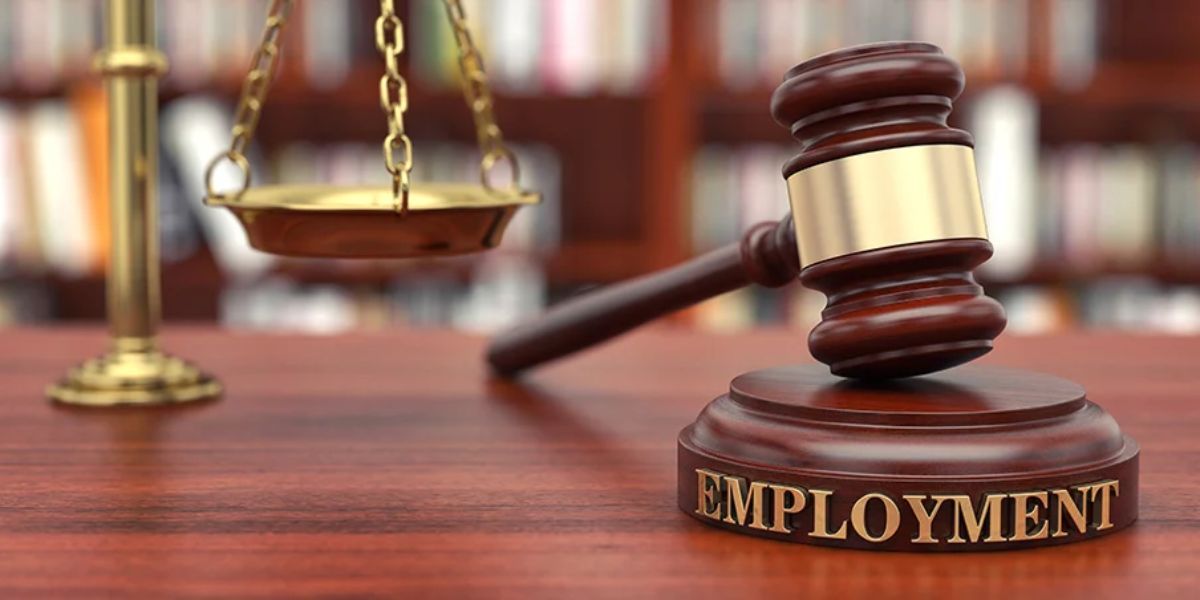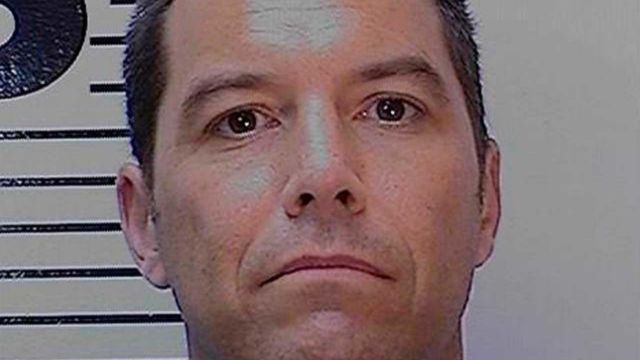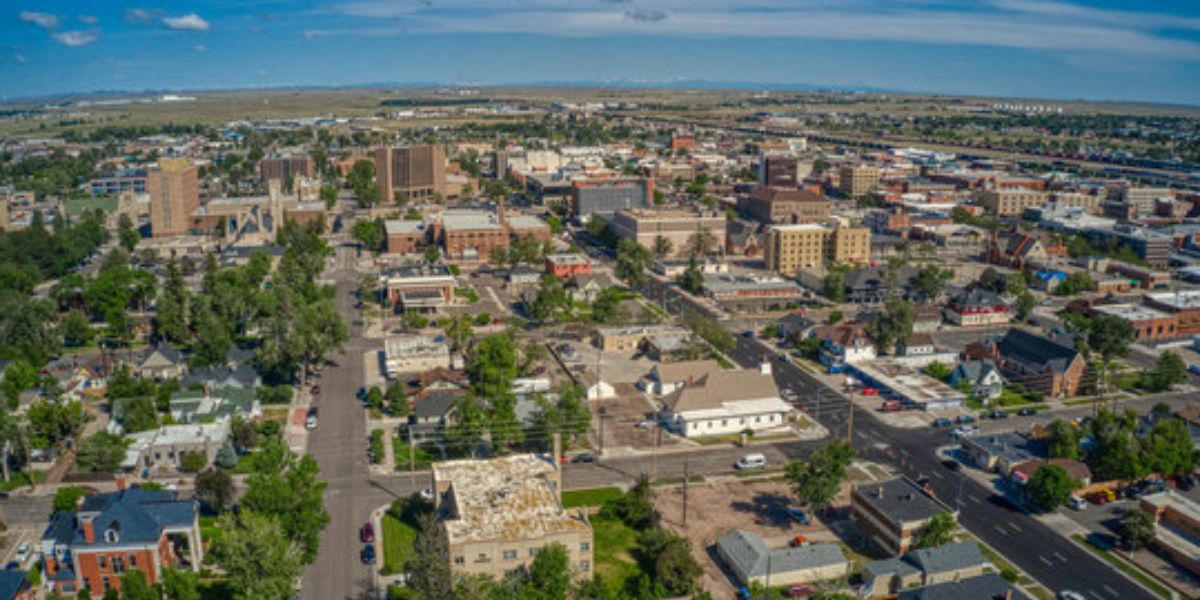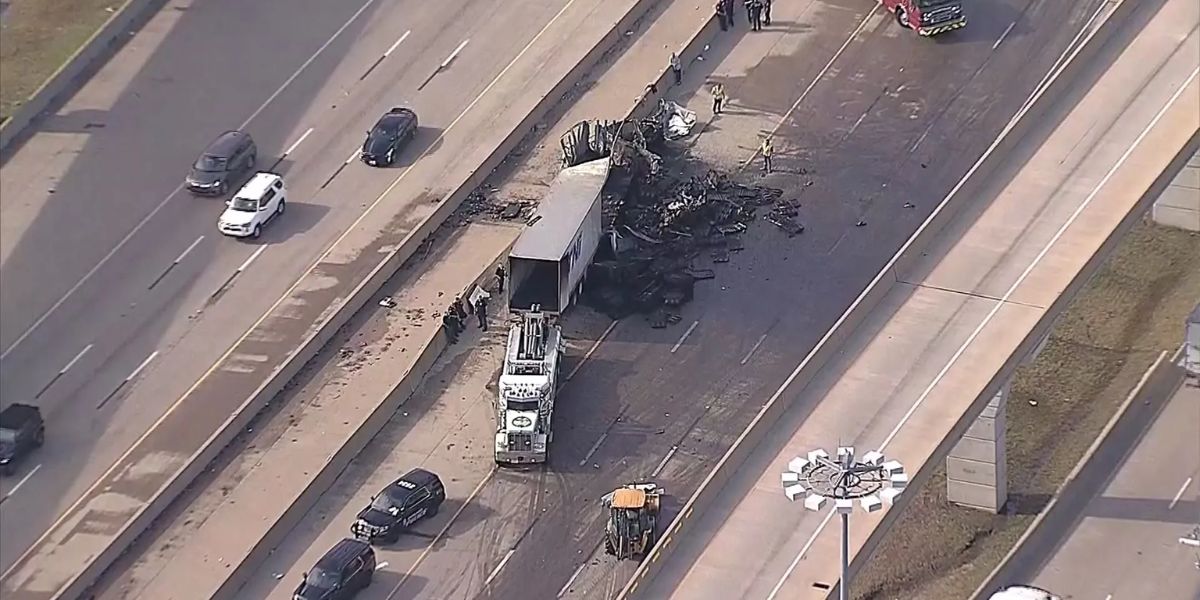In Washington state, there are strict laws in place to ensure that young workers are protected and are not put into harmful or overly demanding situations at work. The legal working age, necessary permits, and job restrictions are crucial aspects of these regulations.
Understanding these rules helps both employers and minors navigate the workforce responsibly, ensuring both safety and opportunity for youth employment.
This article will explore Washington’s legal working age, the permit requirements for minors, and the jobs that are restricted for underage workers.
Legal Working Age in Washington
In Washington, the legal working age for minors is 14 years old. This means that children who are 14 and older can legally work in the state, but there are rules and limitations to ensure that their work does not interfere with their education or well-being.
However, the legal age to start working may vary depending on the type of work and whether the minor requires a permit.
Minors under 14 are generally prohibited from working in Washington state, with few exceptions. These exceptions may include jobs like working for a parent in a family business or delivering newspapers. Nonetheless, these exceptions are rare and come with their own set of rules.
Work Permits for Minors
Before a minor can begin working in Washington, they are required to obtain a work permit. These permits help ensure that the minor’s work schedule does not conflict with their schooling and that they are working in a safe environment. The work permit process is straightforward but must be completed by both the minor and their employer.
To obtain a work permit, minors must first have written permission from their parent or guardian. Then, the minor must apply through their school or a local school district office.
Typically, the employer will need to complete a portion of the application as well. The work permit lists the type of work the minor will be doing, the hours they can work, and the employer’s information. It is important to note that the work permit is not a one-time application; it is required each time a minor changes employers or starts a new job.
Hours of Work for Minors
Even once a work permit is obtained, Washington’s child labor laws impose restrictions on the number of hours a minor can work, especially during the school year. The rules are designed to ensure that the employment does not interfere with the minor’s education or health.
For minors aged 14 and 15, the restrictions are as follows:
- During the school year: They can work a maximum of 3 hours per day on school days and 8 hours per day on non-school days. The total number of hours worked in a week cannot exceed 18 hours.
- During summer vacation: They can work up to 8 hours per day, but the total weekly hours cannot exceed 40 hours.
For minors aged 16 and 17, the rules are a bit more relaxed:
- They are allowed to work up to 4 hours on school days and 8 hours on non-school days during the school year, with a maximum of 28 hours per week during the school year.
- During summer vacation, they can work 8 hours per day and up to 48 hours per week.
These hour restrictions are intended to prioritize education while allowing young people to gain work experience.
Restricted Jobs for Minors
While many types of work are available to minors, there are strict limitations on the kinds of jobs that minors can take, especially those that may be considered hazardous. Washington state follows federal child labor laws, which prohibit minors from engaging in jobs that could endanger their health, safety, or moral well-being.
Prohibited Jobs for Minors Under 18
Some jobs are strictly prohibited for minors under the age of 18, regardless of whether they have a work permit. These include:
- Manufacturing jobs: Minors are prohibited from working in manufacturing settings where heavy machinery is used.
- Mining or construction work: This includes jobs that involve operating heavy equipment, working at heights, or other potentially dangerous activities.
- Hazardous chemicals: Minors are not allowed to work with certain hazardous substances, including chemicals and explosive materials.
- Jobs involving power-driven machinery: Minors cannot work with or operate power-driven tools or machinery like saws, meat slicers, or forklifts.
- Roofing: Any job that requires minors to work on a roof is prohibited due to the inherent risks of falls and accidents.
Restricted Jobs for Minors Aged 14 and 15
In addition to the general restrictions on hazardous work, minors aged 14 and 15 are also prohibited from working in certain types of jobs, including:
- Construction and manufacturing jobs: As mentioned, they are prohibited from working in hazardous environments such as construction sites or factories.
- Jobs in transportation: This includes work that requires operating or repairing motor vehicles, as well as loading and unloading heavy materials.
- Jobs in bars or nightclubs: Minors under 16 cannot work in establishments where alcohol is served or where they are likely to be exposed to harmful environments.
- Jobs involving power-driven equipment: Minors in this age group are also prohibited from working with certain power-driven equipment, such as lawnmowers or bakery machines.
Conclusion: Protecting Young Workers
Washington state’s child labor laws are designed to protect young workers, allowing them to gain valuable work experience while ensuring their safety, health, and education are not compromised. By regulating the legal working age, work permits, and job restrictions, the state ensures that minors can contribute to the workforce in a way that is both productive and safe.
While the opportunity for young people to work is beneficial in terms of gaining skills and earning income, both employers and minors must understand these rules to ensure compliance. With proper permits, awareness of restricted job types, and adherence to work hour limits, minors can gain valuable experience in a safe and supportive environment.




